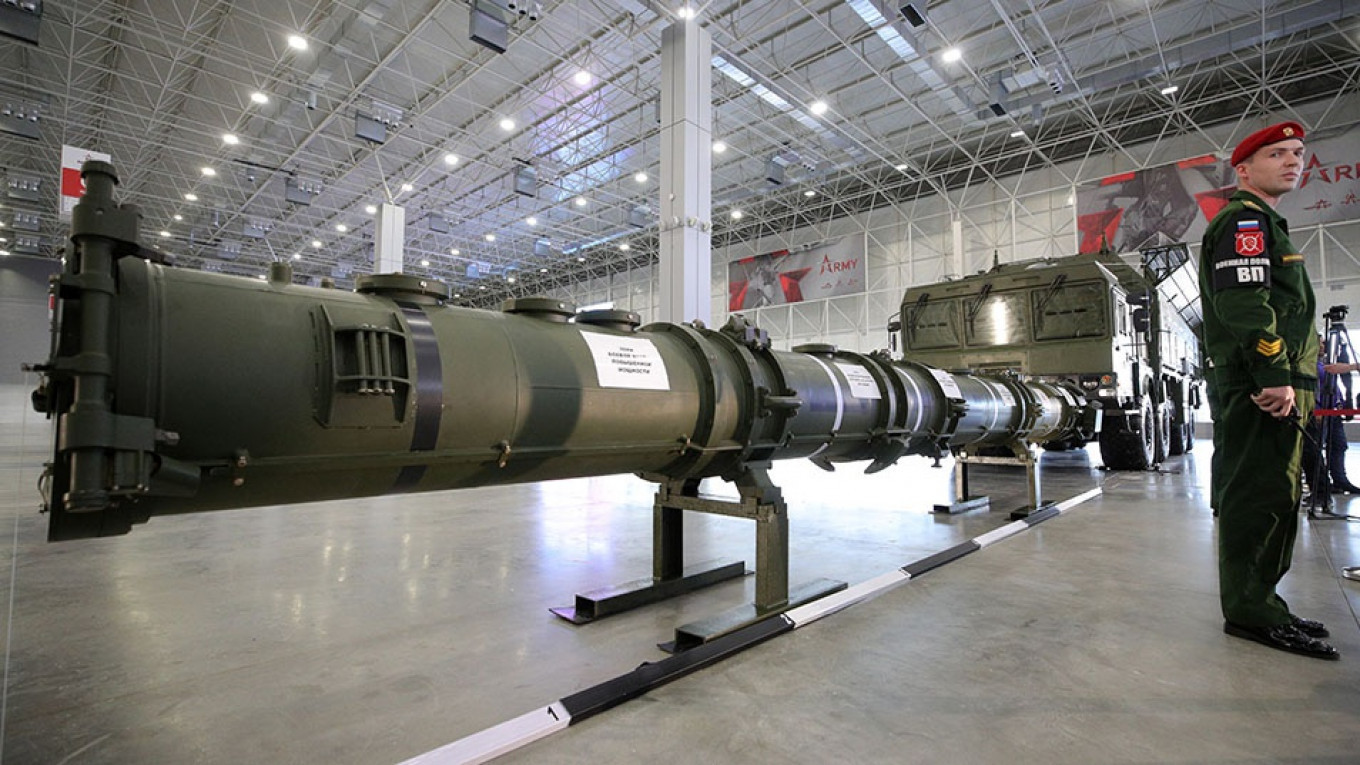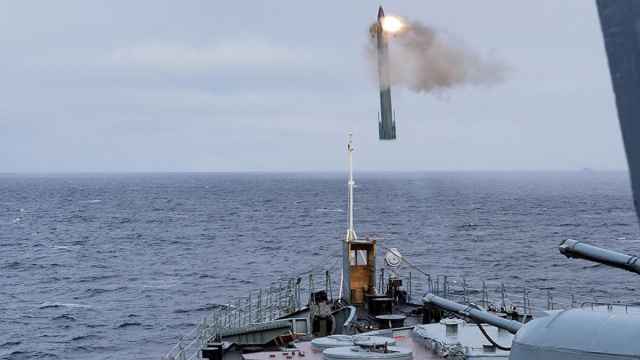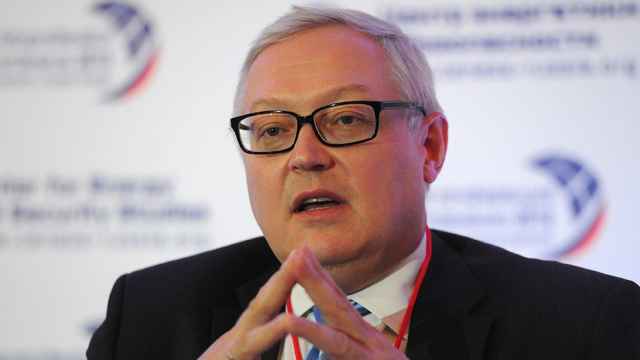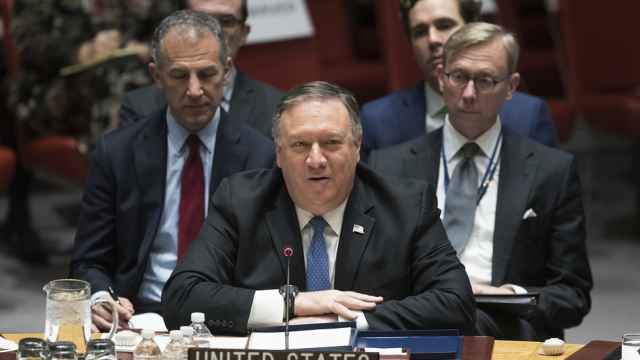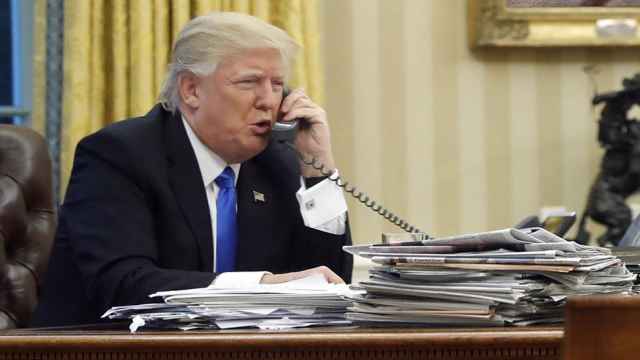Russia and the United States grew their nuclear arsenals in 2020, the Stockholm International Peace Research Institute (SIPRI) think tank said in a new report Monday.
The world’s two largest nuclear powers boosted their stockpiles even as the overall number of nuclear warheads decreased globally last year, (the Swedish based) SIPRI said.
Both are estimated to have had around 50 more nuclear warheads in operational deployment at the beginning of 2021 than a year earlier, SIPRI said, despite both countries reducing their overall inventories by dismantling retired warheads in 2020.
Russia also increased its overall military nuclear stockpile by around 180 warheads, the think tank said, linking the increase to deployment of more multi-warhead land-based intercontinental ballistic missiles (ICBMs) and sea-launched ballistic missiles (SLBMs).
SIPRI’s findings come months after Moscow and Washington extended the New START — the last remaining arms control agreement between the former Cold War rivals — for another five years just days before it was set to expire.
Both countries’ deployed strategic nuclear forces remained within the limits set by the New START, SIPRI said, adding that the treaty does not limit total nuclear warhead inventories.
The pact is seen as a rare opportunity for compromise between Russia and the U.S., whose ties have dramatically deteriorated in recent years.
Nuclear arms control will be one of a slew of issues on the table at U.S. President Joe Biden and Russian President Vladimir Putin’s summit this week in Geneva.
But while the last-minute New START extension came as a “relief,” prospects for further bilateral nuclear arms control efforts between the two powers “remain poor,” said Hans M. Kristensen, an associate senior fellow with SIPRI’s Nuclear Disarmament, Arms Control and Non-Proliferation Program.
“Both Russia and the U.S. appear to be increasing the importance they attribute to nuclear weapons in their national security strategies,” Kristensen added.
Both countries have also exited the Open Skies Treaty, an international pact that allows surveillance flights over fellow members' military facilities, in recent months after accusing each other of violations.
A Message from The Moscow Times:
Dear readers,
We are facing unprecedented challenges. Russia's Prosecutor General's Office has designated The Moscow Times as an "undesirable" organization, criminalizing our work and putting our staff at risk of prosecution. This follows our earlier unjust labeling as a "foreign agent."
These actions are direct attempts to silence independent journalism in Russia. The authorities claim our work "discredits the decisions of the Russian leadership." We see things differently: we strive to provide accurate, unbiased reporting on Russia.
We, the journalists of The Moscow Times, refuse to be silenced. But to continue our work, we need your help.
Your support, no matter how small, makes a world of difference. If you can, please support us monthly starting from just $2. It's quick to set up, and every contribution makes a significant impact.
By supporting The Moscow Times, you're defending open, independent journalism in the face of repression. Thank you for standing with us.
Remind me later.


